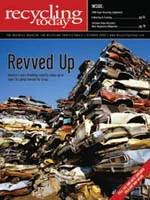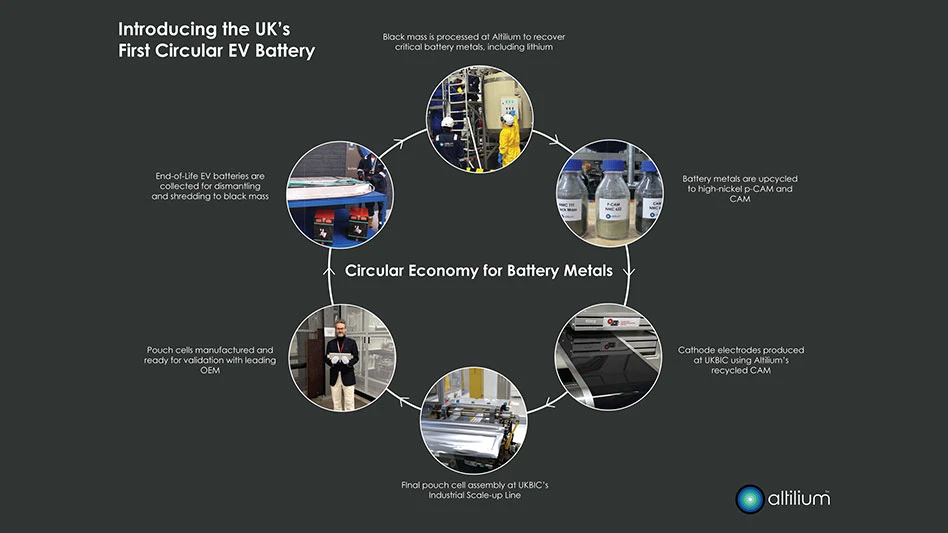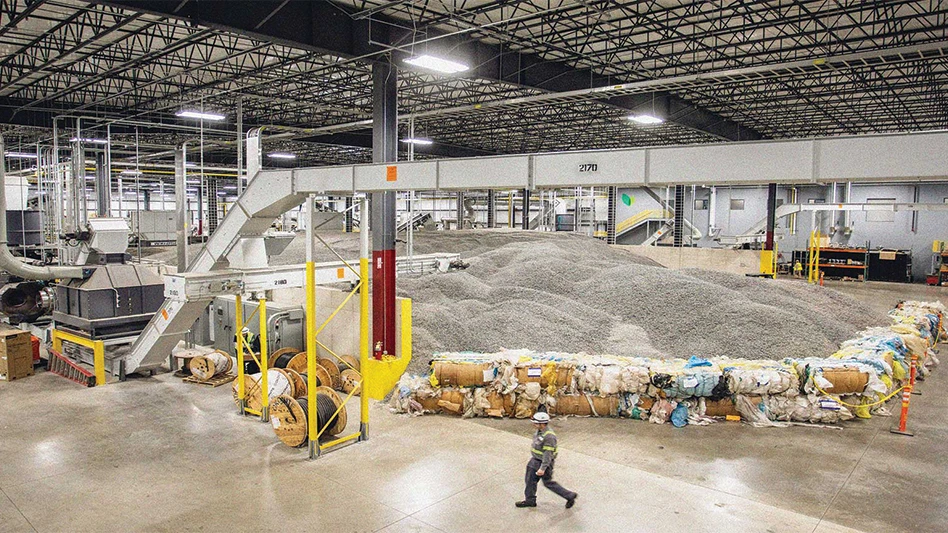The European Union is enacting with increased frequency new regulations relating to the environment. These regulations have a far reaching impact on the recycling Industry in general, and trade in recyclable plastics in particular. One of the Regulations relating to Shipment of Waste (EC 1013/2006) specifically refers to the protection of the environment to be more important than its effects on trade.
Representatives of the German business community have called for a moratorium on such legislations in view of the fallout of the financial crisis that this would create.
The regulation, EC 1013/2006, calls for preparation of transport document named Annex VII. The document has columns with information relating to traceability of all participants of the supply chain until the goods are in the hands of the ultimate buyer. Representatives of the industry contend that it is possible to provide information to the national authorities, but at the same time it must be essential to keep the confidentiality of all the companies in the supply chain.
Meanwhile, China imports about 8 million tones of plastics scrap every year, with half of the quantity routed through Hong Kong. The legal need for providing the details of all the companies in the supply chain would have a significant impact on Hong Kong businesses that previously handled the material.
One of the issue in discussion within the EU is allowing for the export of plastics to non-OECD countries. These materials could include plastics derived from television sets, computer monitor housings, copiers, fax machines and printers etc. These all contain brominated flame retardants. Member States are still discussing the issue, with some states such as Belgium not permitting the export to non-OECD countries, while other states consider the material a hazardous waste. A uniform conclusion is still awaited.
Another piece of EU legislation is the REACH (EC 1907/2006), which is a new European Community Regulation on chemicals and their safe use. It deals with the Registration, Evaluation, Authorization and Restriction of Chemical substances.
The new law went into effect June 1, 2007.
At that time, manufacturers and importers would be required to gather information on the properties of their chemical substances, and to register the information in a central database run by the European Chemicals Agency (ECHA) in Helsinki. It is not yet clear if the manufacturers and importers of reprocessed plastic granules are required to register their products. In some member states the reprocessed plastics fall under the category of scrap and hence it is presumed that the registration is not necessary (Scrap is specifically exempted).
Meanwhile, Oct. 7 was dubbed Super Tuesday by European legislators and environmentalists. European parliament voted on many issues relating to carbon credits. It endorsed the target to reduce the carbon dioxide emissions by 20 percent by 2020.
I strongly believe that companies engaged in the recycling business create many green collared jobs. I strongly advocate the eligibility of plastics recycling to carbon credits. The recycling industry has to do lot of brainstorming and discussion to make itself eligible to the carbon credits. Surendra Borad
The author is a part of Gemini Corp. B.V., a Belgium-based trading firm that is a leading exporter of recyclable plastics from Europe. In Belgium as per the national data we have 29% market share in export of recyclable plastics. Mr. Borad can be reached at plastic@geminicorp.be.
Get curated news on YOUR industry.
Enter your email to receive our newsletters.

Explore the October 2008 Issue
Check out more from this issue and find your next story to read.
Latest from Recycling Today
- Returpack reports increased DRS activity in Sweden
- Trade groups align against European export restrictions
- Construction, auto sectors show mixed signals
- Politics in Turkey threaten recycled steel outlet
- Toppoint Holdings expands chassis fleet
- Lego creates miniature tire recycling market
- Lux Research webinar examines chemical recycling timetables
- Plastics producer tracks pulse of wire recycling market





